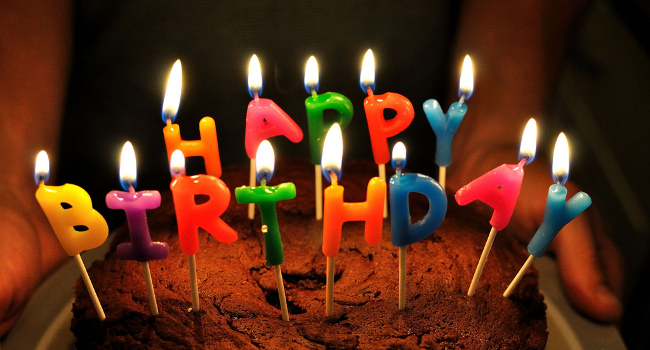Most people will have heard that Happy Birthday, the popular birthday jingle, was subject to copyright, meaning that the holders could pursue people for royalties should they choose to sing or play it, at least in a commercial context.
But this week the right to claim royalties was overturned by a ruling from the US District of California, which much of the press said had put the song into the US public domain, stripping Warner/Chappell, a subsidiary of Warner Music, of the right to collect payment.
In practical terms this may well be true, but the specifics are a shade more complicated than that.
Songwriting royalties are divided by law into music and words, which is to say that the tune of a song is treated as a separate entity to the lyrics.
Happy Birthday’s melody was agreed by all parties in the case to have been in the US public domain, meaning that one could already hum the tune without fearing you would have to pay.
What was in contention was Warner/Chappell’s claim that it held the copyright to the words, an argument that was dismissed by the court, which ruled that the group could not back this up.
This led the plaintiff’s lawyers to release a statement announcing that the words were now in the public domain, an angle which most websites reported on as the truth.
Yet whilst the court ruled that Warner Chappell could not prove that it held the copyrights, it did not dismiss the idea that somebody somewhere might do.
This is because the authors of the 1893 tune, American sisters Patty and Mildred Hill, never asserted their copyright over the song’s lyrics, and there is no evidence they transferred rights for the lyrics over to the Summy Company, the first firm to assert claim over the lyric copyright.
Of course, unless somebody comes forward to establish this copyright Happy Birthday will in effect be public domain, at least in the US. It remains in copyright in Britain, among others countries.
A full version of the song’s history, complete with the original lyrics, can be found in a detailed piece by the LA Times, and the court’s full judgment can be found at this link.
Image Credit – Birthday Cake, September 2010 by Will Clayton
